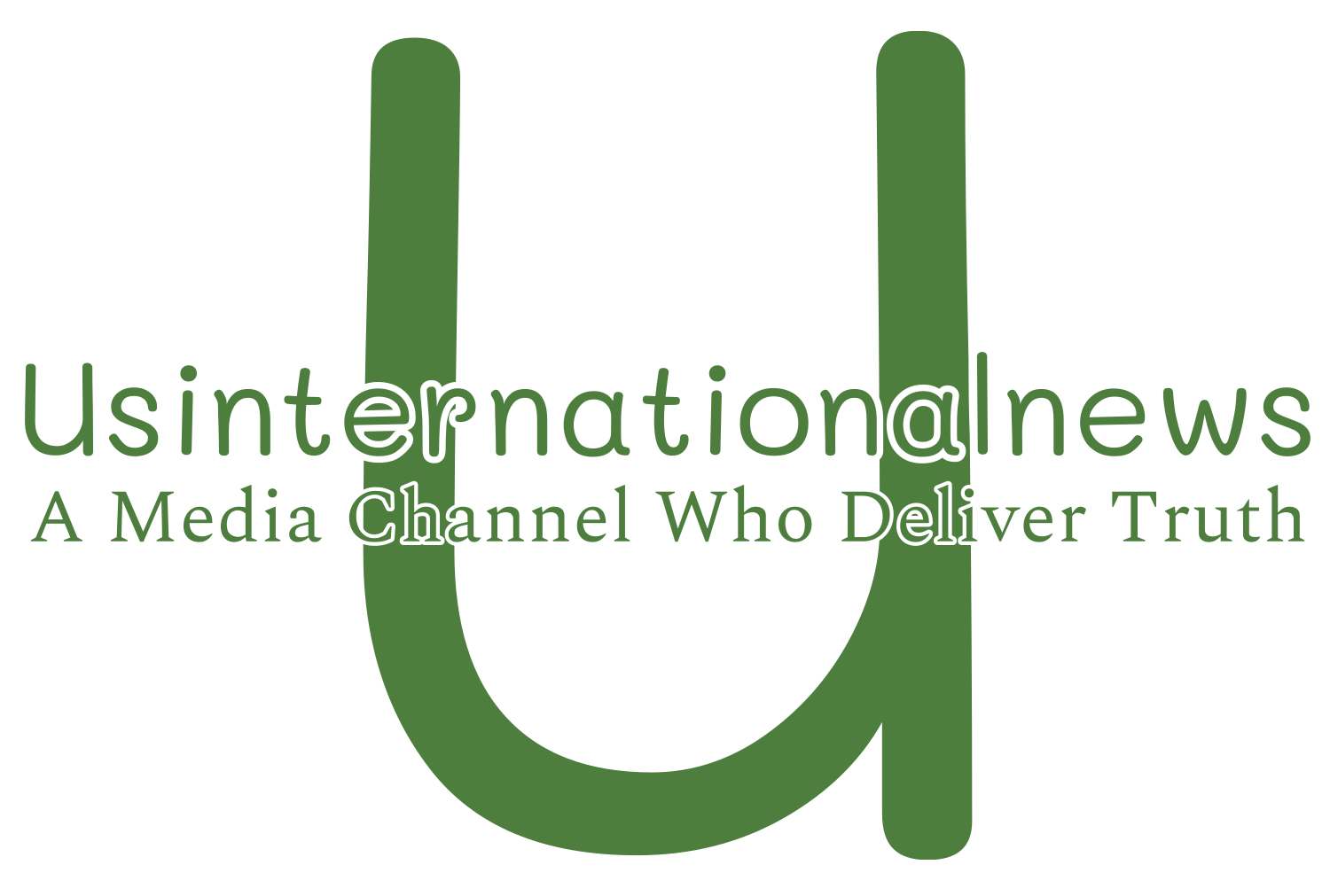Read Time:3 Minute, 37 Second
Israel and Hezbollah trade fire after heaviest airstrikes yet

U.N. peacekeepers in Lebanon urged immediate de-escalation as hostilities rumbled on at the Lebanese-Israeli border on Friday, following Israel’s most intense airstrikes in nearly a year of conflict with the Iran-backed Hezbollah.
Israel’s military said on Thursday it had struck hundreds of Hezbollah rocket launchers that had been set to fire towards Israel, in what security sources in Lebanon said was the heaviest such attack since hostilities began last October.
Ignited by the Gaza war, the conflict has intensified significantly this week, with Hezbollah suffering an unprecedented attack in which pagers and walkie talkies used by its members exploded, killing 37 people and wounding thousands.
The batteries of the walkie-talkies were laced with a highly explosive compound known as PETN, a Lebanese source familiar with the device’s components told Reuters.
The way the explosive material was integrated into the battery pack made it extremely difficult to detect, the source said.
The UNIFIL peacekeeping force in south Lebanon said on Friday morning that the previous 12 hours had seen “a heavy intensification of the hostilities” across the Lebanese-Israeli border and in its area of operations.
“We are concerned at the increased escalation across the Blue Line and urge all actors to immediately de-escalate”, UNIFIL spokesperson Andrea Tenenti told Reuters, referring to the line that delineates the border between Lebanon and Israel.
Israeli airstrikes on Friday hit at least three villages in south Lebanon, according to security sources in Lebanon and Hezbollah’s al-Manar television, which broadcast footage of a cloud of smoke rising from one of the attacks.
There was no immediate comment from the Israeli military.
Hezbollah said its fighters had fired a guided missile at Israeli troops in Metula, an Israeli town on the border targeted frequently by the Lebanese group over the last year.
Israeli radio reported that residents of several towns in northern Israel were instructed by the military’s Homefront Command to stay close to their shelters.
The military had earlier lifted orders restricting movement and large gatherings that it had issued on Thursday night for a number of communities in the north and the Golan Heights. The restrictions were ordered following the start of the strikes.
Military Engagement
- Casualties: Initial reports indicate that both sides may have suffered casualties, though exact numbers are often disputed and vary. Civilian areas have also been affected, raising alarms about the humanitarian impact.
- Military Strategy: Israel’s airstrikes aim to dismantle Hezbollah’s military capabilities, including weapon stockpiles and command centers. Hezbollah, known for its asymmetrical warfare tactics, seeks to demonstrate its resilience and capability to strike back.
Regional Implications
- Broader Conflict: This escalation has the potential to draw in other regional actors, as both sides are closely watched by allies and adversaries in the Middle East. Increased hostilities may disrupt the fragile balance in the region.
- International Concerns: The international community, including the United Nations, has called for restraint. There are worries that the conflict could escalate further, affecting neighboring countries and leading to broader military engagements.
Humanitarian Impact
- Displacement and Damage: The airstrikes and retaliatory fire have resulted in damage to infrastructure and homes, leading to civilian displacement. Humanitarian organizations are calling for immediate assistance and access to affected areas.
- Aid Challenges: Delivering aid in conflict zones becomes increasingly difficult amid ongoing military operations, complicating efforts to address the needs of those affected.
SECURITY COUNCIL TO MEET
The 15-member United Nations Security Council is due to meet on Friday over the blasts.
In a TV address on Thursday, Hezbollah leader Sayyed Hassan Nasrallah said the device explosions on Tuesday and Wednesday “crossed all red lines” and vowed to punish Israel.
Israel has not directly commented on the pager and radio detonations, which security sources say were probably carried out by its Mossad spy agency.
Israeli Defence Minister Yoav Gallant said late on Thursday that Israel will keep up military action against Hezbollah.
Israel has said its goal is to ensure the safe return of Israelis to northern Israel.
Hezbollah, an ally of the Palestinian militant group Hamas, says its attacks on northern Israel aim to support Palestinians under Israeli fire in the Gaza Strip.
Nasrallah said on Thursday that the Lebanese front would not stop “before the halt of the aggression on Gaza”.
Source: Reuters






